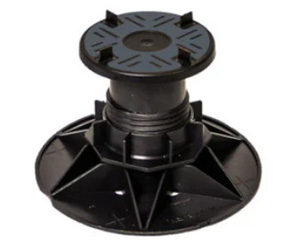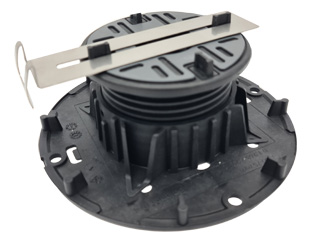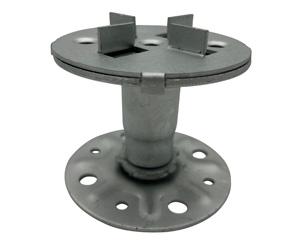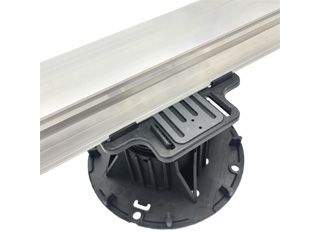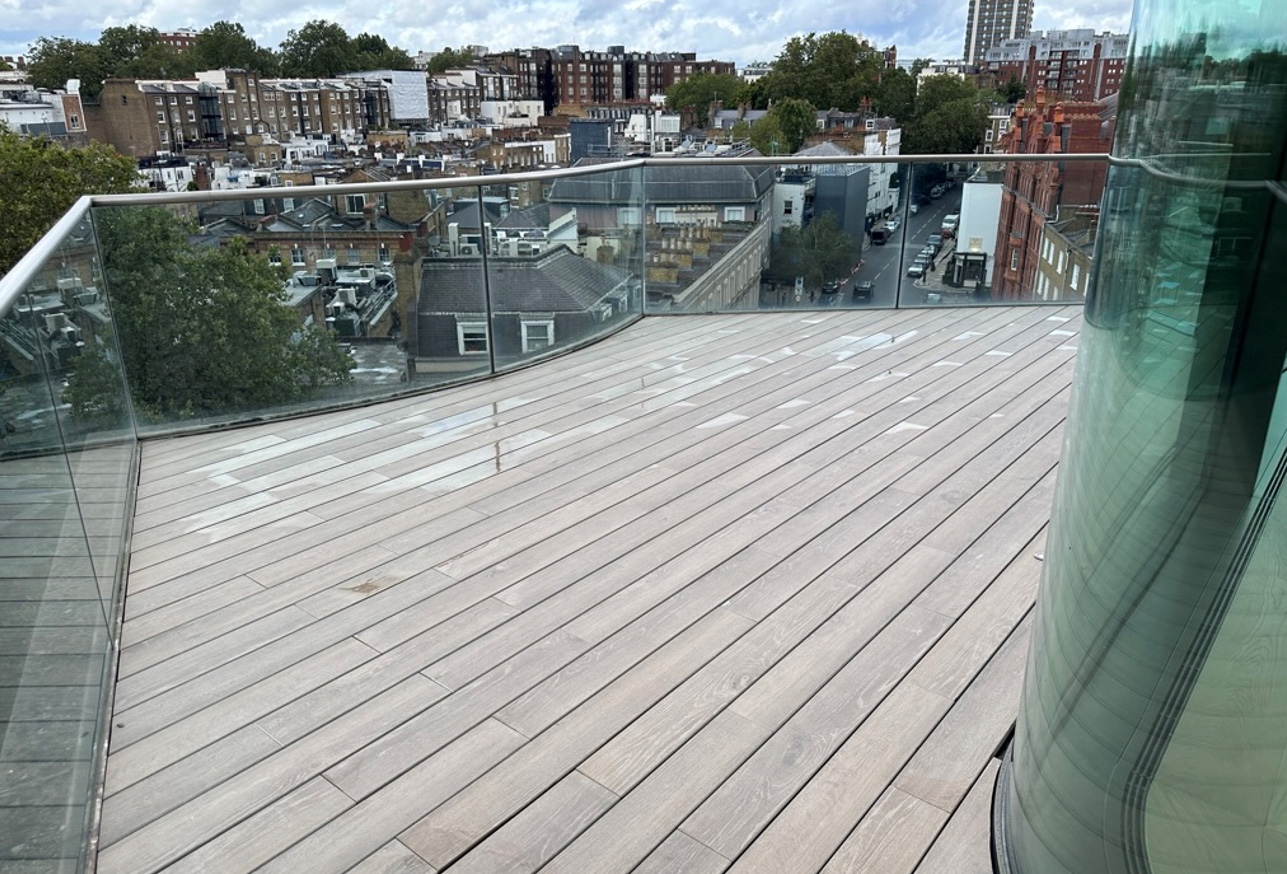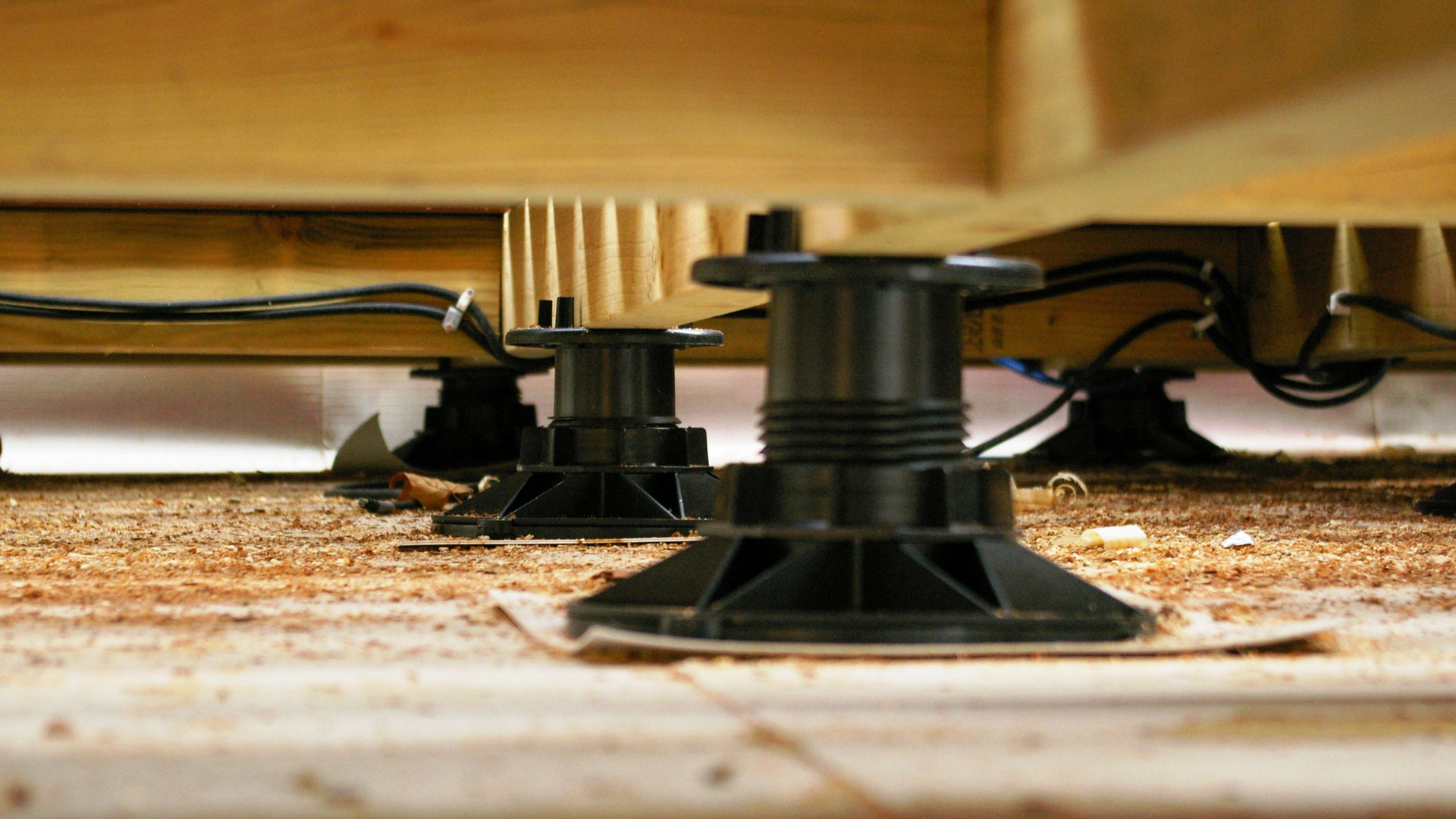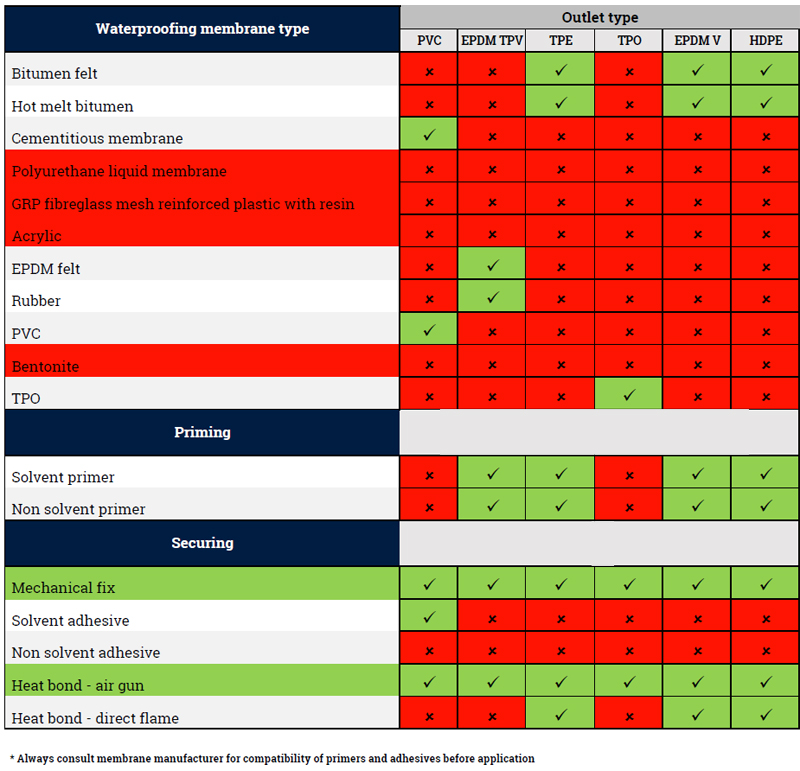Taxi fleets in Thailand are giving new meaning to the term “rooftop garden,” as they utilize the roofs of cabs idled by the coronavirus crisis to serve as small vegetable plots.
Workers from two taxi cooperatives assembled the miniature gardens this week using black plastic garbage bags stretched across bamboo frames. On top, they added soil in which a variety of crops, including tomatoes, cucumbers and string beans, were planted.
The result looks more like an eye-grabbing art installation than a car park, and that’s partly the point: to draw attention to the plight of taxi drivers and operators who have been badly hit by coronavirus lockdown measures.
The Ratchapruk and Bovorn Taxi cooperatives now have just 500 cars left plying Bangkok’s streets, with 2,500 sitting idle at a number of city sites, according to 54-year-old executive Thapakorn Assawalertkul.
With the capital’s streets deathly quiet until recently, there’s been too much competition for too few fares, resulting in a fall in drivers’ incomes. Many now can’t afford the daily payments on the vehicles, even after the charge was halved to 300 baht ($9.09), Thapakorn said. So they have walked away, leaving the cars in long, silent rows.
Some drivers surrendered their cars and returned to their homes in rural areas when the pandemic first hit last year because they were so scared, he said. More gave up and returned their cars during the second wave.
“Some left their cars at places like gas stations and called us to pick the cars up,” he recalled.
With new surges of the virus this year, the cooperatives were “completely knocked out,” as thousands of cars were given up by their drivers, he said.
For the full story, please click here.

